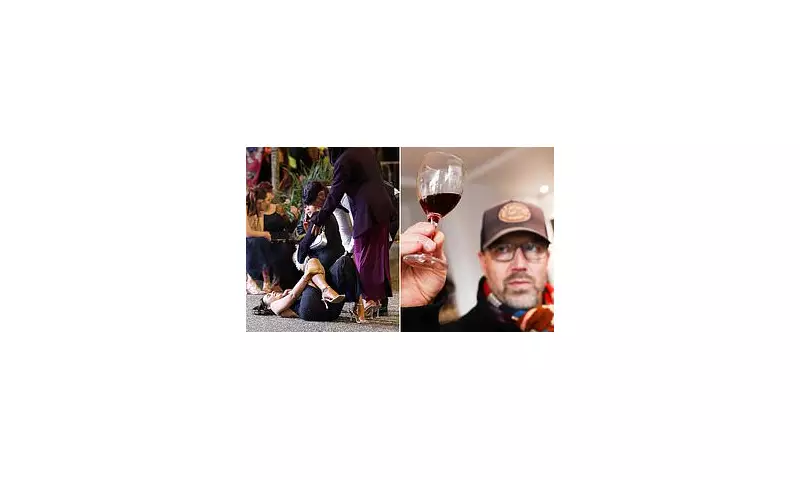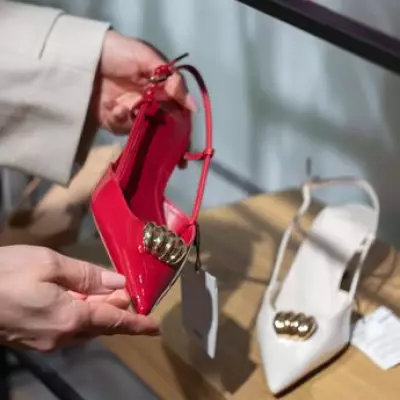
From French Reverence to Welsh Revelry
While France marked Beaujolais Nouveau Day with candlelit processions and ceremonial barrel-rolling, the Welsh city of Swansea created its own distinctive celebration. On the third Thursday of November, as required by French law, partygoers flooded the streets of Britain's self-styled Beaujolais capital, creating scenes markedly different from the more restrained French observances.
Braving the Cold for Tradition
Young women demonstrated remarkable resilience, wearing strappy dresses and high heels despite temperatures plunging to -2°C. Wind Street, the city's nightlife hotspot, saw every bar packed to capacity as the evening progressed. The festive atmosphere included street performers on stilts, though towards the end of the night, many revellers appeared worse for wear, with some requiring foil blankets or even police attention.
The tradition's origins in Swansea trace back to former Wales international Clem Thomas, who once ran the city's No Sign Wine Bar. Thomas maintained a house in France and would bring the new vintage back for locals to sample. His son Chris revealed the day's commercial significance, noting that takings at the No Sign would skyrocket from £5,000 in a typical week to £15,000 on Beaujolais Nouveau Day alone.
A Wine's Remarkable Renaissance
Beaujolais Nouveau, released just weeks after its Gamay grapes are harvested, peaked in popularity during the 1980s, even featuring in Del Boy's infamous pratfall scene in Only Fools and Horses. However, it developed a reputation as cheap plonk that quickly lost its flavour.
This perception is changing dramatically. Winemaker Marine Rivière told France 24: 'We were told beaujolais nouveau was over - but the more years go by and the more we make, the proof is we were practically out of stock on the eve of [the day]. We've never sold so much.' Remarkably, Le Figaro now regards it as 'almost a vin de garde' - a wine suitable for ageing.
Climate change has altered the soil composition in the Beaujolais region, contributing to this quality revolution. Despite a smaller harvest this year due to inclement weather, growers emphasise they're now producing a wine of quality rather than quantity, sparking a revival for this 'vin de primeur'.
Meanwhile, the charitable tradition of racing the first cases from Beaujeu to Britain, established in the 1970s, continues to this day, connecting the Welsh celebrations to their French origins even as the festivities take on distinctly local characteristics.





